File Recovery with Undelete My Files
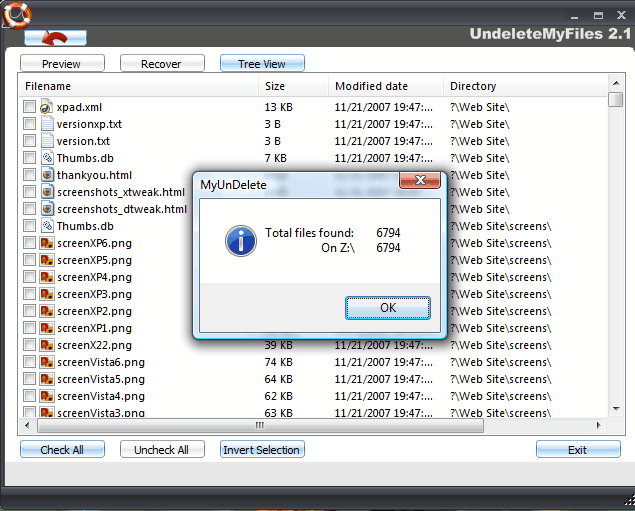
File Recovery tools are flooding the software market these days and it takes more than just providing a way to recover files to stick out of the bulk of solutions.
Undelete My Files is a free file recovery tool for Microsoft Windows devices that is capable of restoring files from internal and external hard drives, memory cards, and other storage devices provided that you can connect them to the Windows PC.
The program is compatible with all recent versions of Windows and needs to be installed before it can be used. Note that some functionality is restricted as it is only available in the premium version.
Undelete My Files
The program interface offers a straight forward experience. Just select search from the top menu and pick one of the available storage devices to have it scanned by Undelete My Files for data that you can recover from it.
The scan time depends largely on the selected storage device. Note that it taxes the system quite a bit while the scan is running and that you may stop the scan at any time.
Undelete My Files displays the list of deleted files that it found on the storage device after the scan. Files are displayed by their name, path and size and you may click on a header to sort the data accordingly. The program supports a search to find files quickly, and to use various filtering options to limit the listing.
A status is assigned to each file that reveals the chance of recovery. Some files may be overwritten partially or fully already so that they can only be recovered partially or even not at all.
You can check one or multiple files and select the recover button to start the recovery process.
Undelete My Files displays recovery options when you do so. You may use them to select the target folder for the recovered files, and select to keep the original folder structure, file data and times, and alternate data streams.
It is recommended to select a different drive for the recovered files as writing them to the same drive may result in space of files you want to recover being overwritten.
Filter options
Undelete My Files displays filtering options in the sidebar. The group by option groups files by general type. A click on application, HTML documents, or png graphics, lists only files that match the selected filter in the file listing.
While you may use the file type filter to display only specific types of files, you may also use the built-in search for that. A simple search for png returns all files with a png extension (and any that have png in the name).
Most filter options are not available in the free version. Other functionality that is not available includes file previews, a hex view option, and options to wipe disk space securely.
Closing words
Undelete My Files is an easy to use file recovery solution for Microsoft Windows devices. Its functionality is limited compared to other programs such as Recuva or R-Undelete.
The program works fine on the other hand and all basic functionality is included.
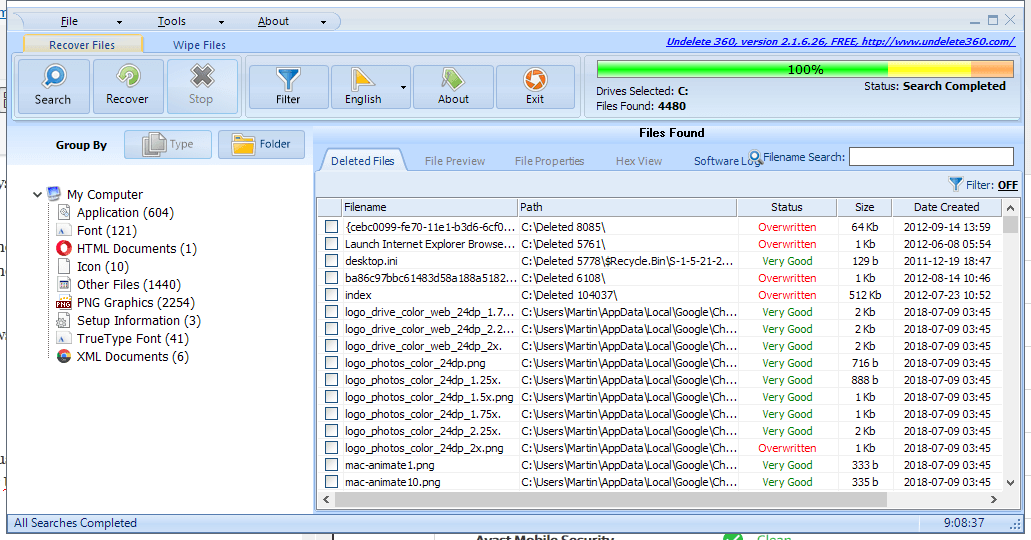






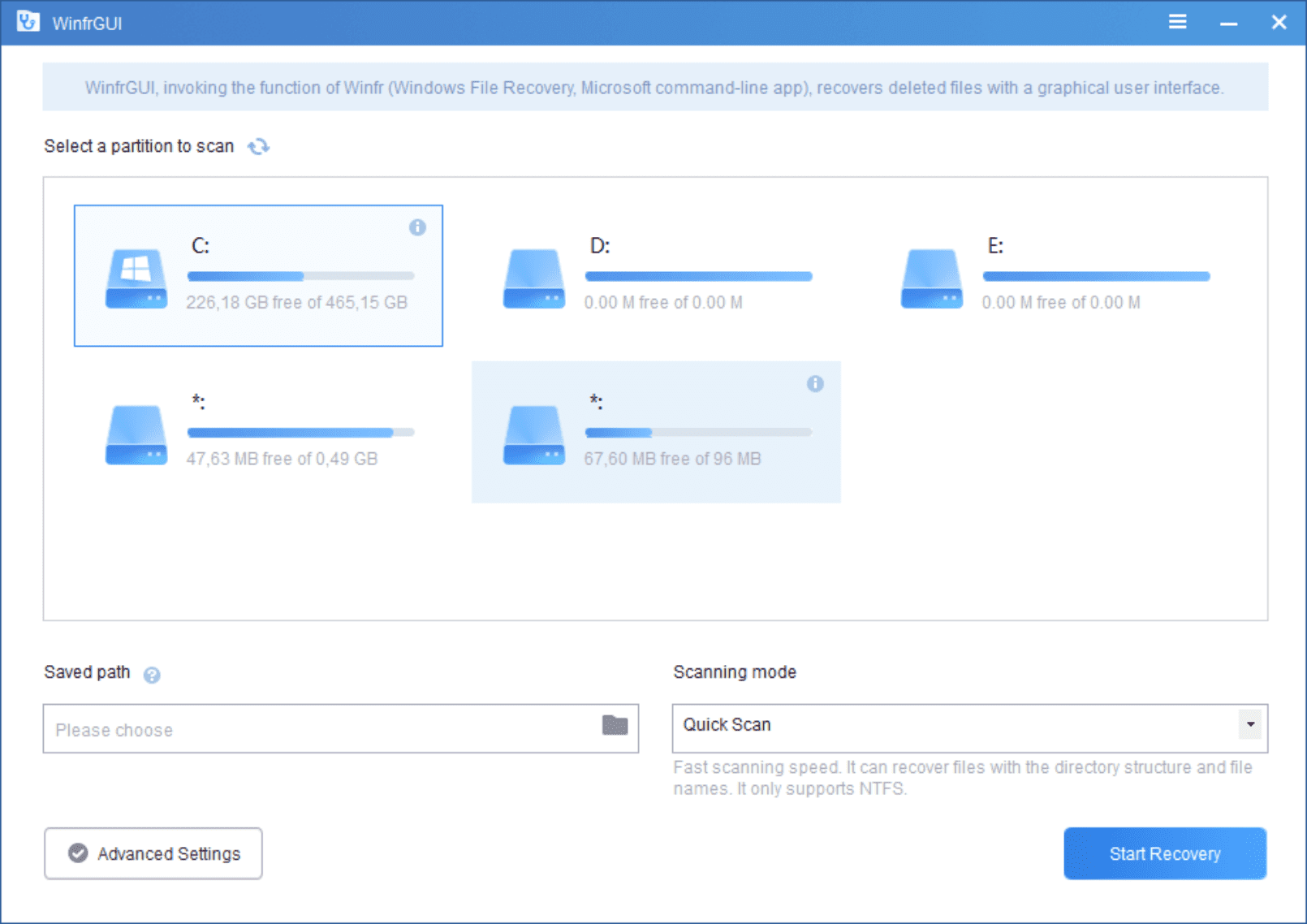
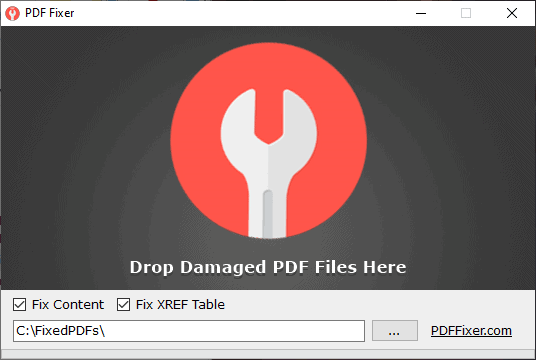
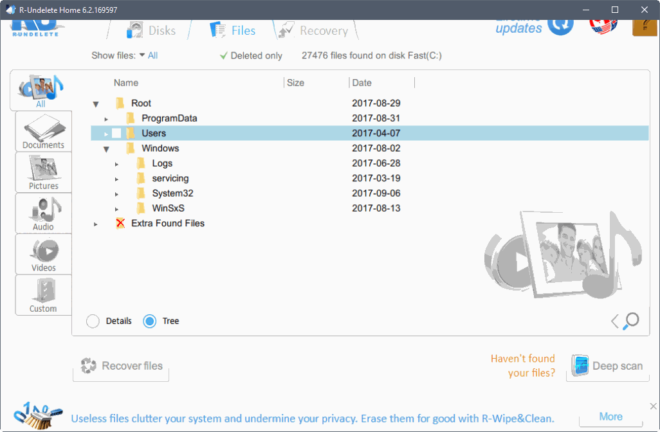
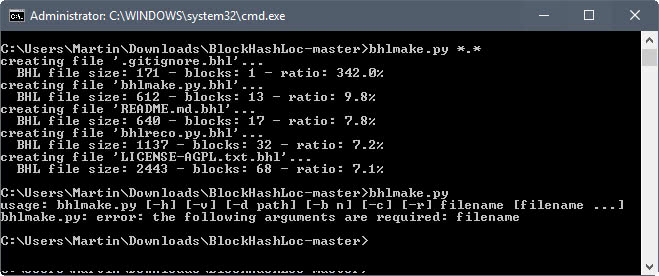
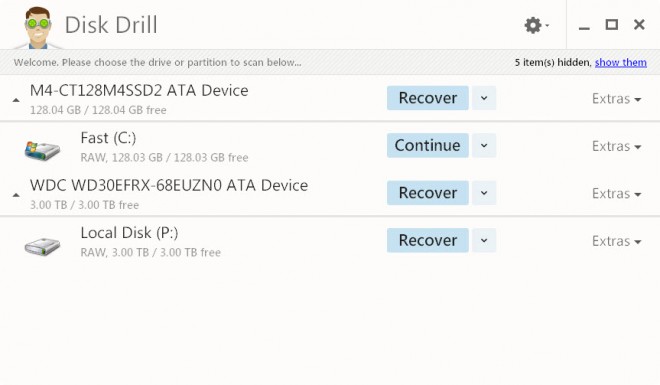
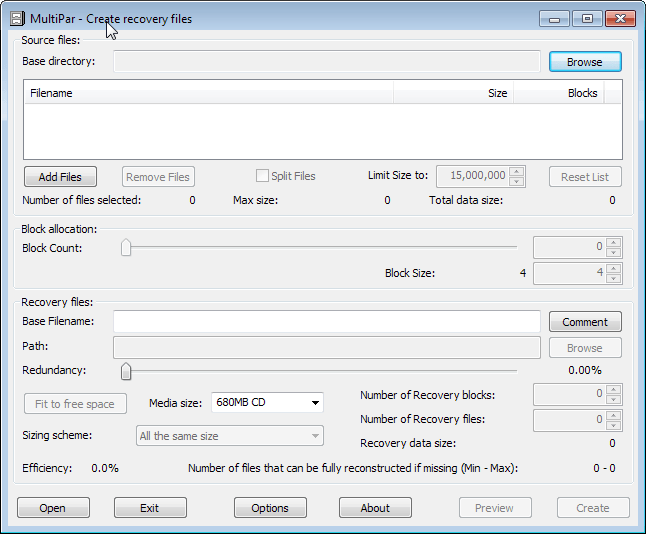














Is UndeleteMyFiles efficient with recovering data on formatted disk?
I heard about not bad application-Outlook recovery, recover Outlook files and data from corrupted pst files of all Microsoft Outlook mail clients, from Microsoft Outlook 97 to Microsoft Outlook 2003, recover Outlook email and data from corrupted *.pst files protected with a password, recover Outlook email and data from corrupted pst files larger than 2GB with the maximum size for *.pst files of 32TB, recover Outlook files and recover Outlook messages from corrupted *.ost files of Microsoft Exchange versions 5.0, 5.5, 2000, 2003.
Some time ago I gave a run all undelete programs I collected. Results were following:
UndeleteMyFiles – instant restart with blue screen of death
FreeUndelete 2.0 – finds almost nothing
Glary Undelete – not bad, but scan is long
Undelete PLUS – good, scan is somewhat faster, then Glary
darkkosmos
O, I wonder why there are only a few disk whipers..
Hmm… I can tell that there are plenty of them, even more than undeleters.
Varla
Backup regularly and install a file recovery app on the system so that any accidental deletions can be undone in just a couple of clicks.
You can also use versioning backup software for files you work on. If we talk about Windows, – FileHamster is pretty good solution on my opinion.
I’ve said this before and I say it again: protect your data on the drive! Backup regularly and install a file recovery app on the system so that any accidental deletions can be undone in just a couple of clicks. Having a recovery solution already in place on the system greatly increases the chances of success, and is one of the pillars of a solid data protection plan.
The reason for that is because there are more people who are accidentally deleting files than people who want to make sure files cannot be recovered. That’s my theory at least.
So many recovery tools :O, I wonder why there are only a few disk whipers..